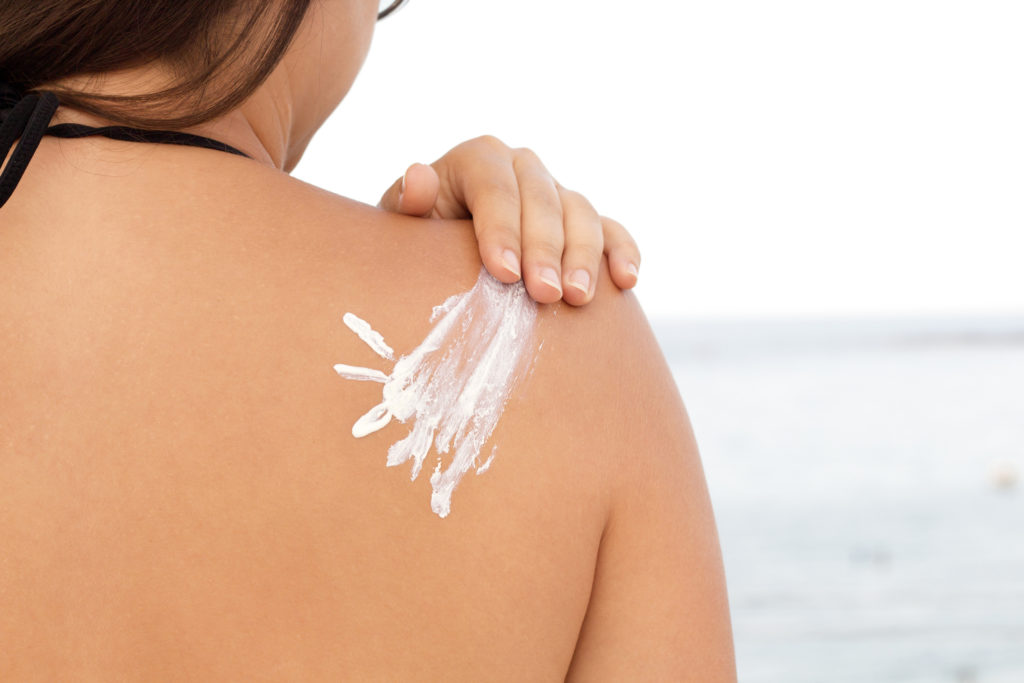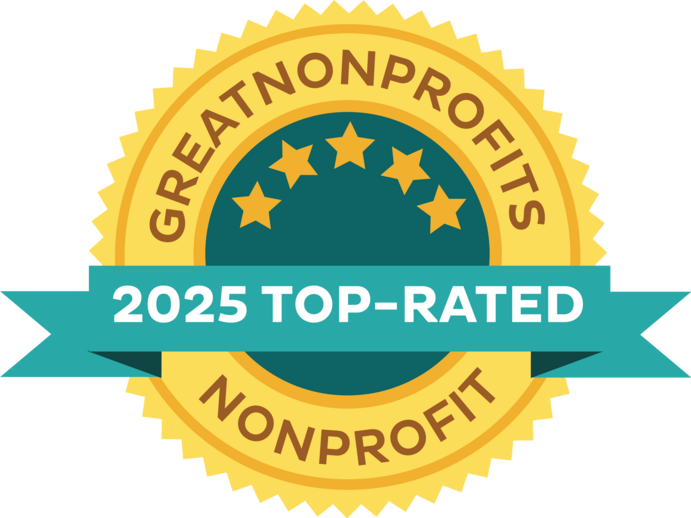When young people start to spread their wings, their quest for independence and adventure can sometimes put them at a high risk of danger. One unprotected day in the sun, for example (even if accidental), can multiply their odds of developing skin cancer.
Dermatologist Linda K. Franks, MD, a clinical assistant professor in the Ronald O. Perelman Department of Dermatology at NYU, vividly remembers when her then 12-year-old daughter, Katie, came home from a day with friends at the community pool. She had a bright red, blistering sunburn. “Since it was cloudy, she hadn’t thought she needed sunscreen,” Dr. Franks recalls.
 Six years later, when Katie returned home from college at age 18, she showed her mother a mole where the back of her thigh and buttocks met — in the exact spot of the sunburn from the day at the pool. “It didn’t have any of the ABCD warning signs of melanoma (asymmetry, border irregularity, color variability or dark in color, diameter larger than a pencil eraser),” says Dr. Franks. “But it did have the E, for evolving. It was new, and Katie just didn’t like it.”
Six years later, when Katie returned home from college at age 18, she showed her mother a mole where the back of her thigh and buttocks met — in the exact spot of the sunburn from the day at the pool. “It didn’t have any of the ABCD warning signs of melanoma (asymmetry, border irregularity, color variability or dark in color, diameter larger than a pencil eraser),” says Dr. Franks. “But it did have the E, for evolving. It was new, and Katie just didn’t like it.”
The next day, a dermatologist biopsied Katie’s mole. It proved to be a very thin (.39 mm) early stage melanoma. “Hearing that was a huge relief,” says Dr. Franks. “Had it been over 1 mm thick, I would have had to sit down.” Dr. Franks explains that about 99 percent of early stage melanomas are curable, but a melanoma over 1 mm thick may be considered stage II, calling for a lymph node biopsy to see if it has spread.
Since her original diagnosis, Katie has earned an undergraduate degree in business and is on track to graduate from a post-baccalaureate accelerated nursing program in August 2019. She hasn’t had any melanoma recurrence at the original site since. However, she was diagnosed with a melanoma in situ on her left ear several years later and had excisional surgery in October 2017. Katie says she is feeling great in general, though, and that her diagnosis has made her hypervigilant about avoiding excessive sun exposure.
“I was always good about the most obvious exposures like beach vacations,” Katie says. “But now I make it a habit.” She notes that now, she puts on sunscreen every day — even for short exposure times like driving to the grocery store. “After an unfortunate lesson early in life, she’s on the bandwagon now about sun safety,” says Dr. Franks.
Dr. Franks shares her daughter’s experience with other young patients, stressing that UV rays from the sun and tanning machines can cause premature aging as well as skin cancer. “You have to make young people aware, because skin cancer is becoming a younger phenomenon. I hit all parts of their psyche where they might relate,” she says. “I tell them how happy they will be 20 years from now if they don’t have to worry about wrinkles and sun damage.”
Even though she’s careful about avoiding sun damage, Katie has also made sure to stay vigilant when it comes to checking her skin for any suspicious spots. “I do self-exams monthly to assess any new lesions or changes in existing lesions,” she says. “This has become kind of a family affair — my youngest sister, Caroline, was actually the person who spotted my second melanoma. I was wearing my hair up one day, and she recognized a suspicious spot and urged me to have it checked.”
Dr. Franks concurs: “None of my four daughters will go out of the house without sun protection. They also warn classmates who visit tanning salons that they are increasing their risk of skin cancer.”
The single most important message, she says, is: Do not burn. “If you ask somebody to give up all outdoor exposures, especially a teen, you’ve already lost them. Instead, we tell them, ‘We know you’re going to be out in the sun — so cover up, seek the shade, use high-SPF sunscreen, and be very careful on overcast days, because the sun can go right through clouds and fog.’”





